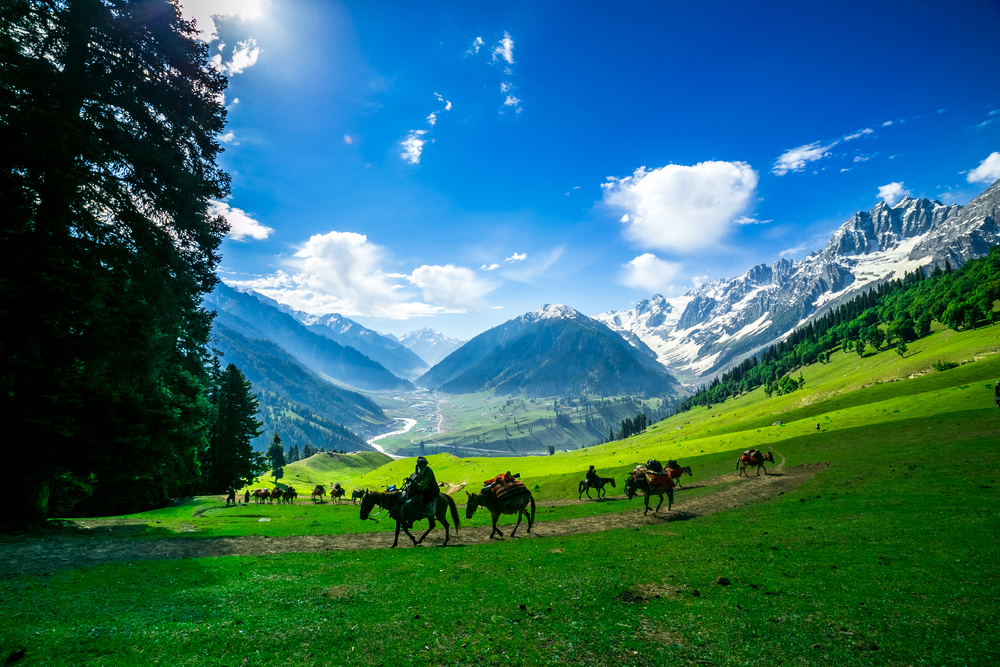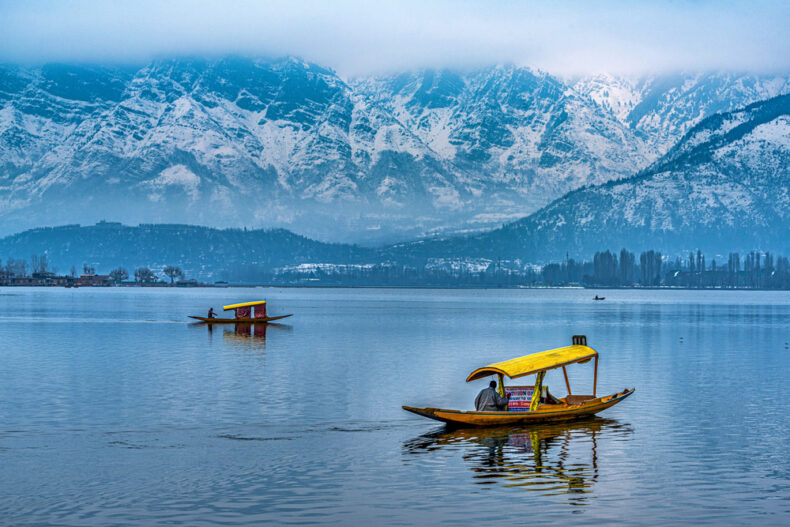Although Kashmir boasts stunning Himalayan landscapes, cultural richness, and overall breathtaking beauty, it’s still in need of support. This is because it’s a location that’s brimming with untapped potential in which multiple charities have established a Kashmir appeal to provide aid. Kashmir is a region that has unique needs, meaning it’s important to explore the many avenues to help meet these needs. To that end, detailed below are just some of the ways that Kashmir could benefit from assistance.
Renewable Energy
The geographical location of Kashmir boasts a lot of potential for harnessing renewable energy sources. This includes wind power, solar energy, and hydroelectric power. Not only will investment in these sources help the region combat energy sources, but it will also contribute to the global initiative of tackling climate change. In fact, this transition to cleaner energy sources can lead to increased energy security, improved air quality, and reduced environmental degradation. As a result, there’s not a lot that can’t be gained from introducing renewable energy sources into the area.
Healthcare Access
It should go without saying that healthcare access is a fundamental human right; despite this, so many people in developing and developed countries alike are forced to go without vital healthcare due to it being inaccessible or unaffordable. In order to improve this healthcare access, preventative health initiatives, medical training, and improved healthcare infrastructure need to be provided. This is the ticket to improving the lives of Kashmiri citizens, as healthcare investment can help create a productive workforce, improve life expectancy, and reduce mortality rates. Quite simply, a healthy population is better placed to make a positive impact on society through participating in the economy and pursuing education.
Sustainable Agriculture
As far as Kashmir’s economy is concerned, agriculture has been the backbone of such for some time. Despite this, it’s safe to say that an industry that has been going for some time could really do with some modernization. That’s where brand-new farming practices come in, such as crop diversification and irrigation systems. These can successfully reduce the dependence on imports and enhance agricultural productivity. From this, organic farming techniques are encouraged, meaning the pristine environment of the region can be preserved. What’s more, such techniques also open avenues for international markets on the hunt for organic produce. Ultimately, a strong agricultural sector can uplift rural communities, resulting in fantastic contributions to Kashmir’s economic stability.
Preserving Cultural Heritage

Kashmir is incredibly rich in a multitude of cultures, and the preservation of this heritage has the capacity to really help the region. This is because effectively honoring the past can help drive economic growth. As a result, investment in artistic endeavors, heritage sites, and cultural preservation can bolster tourism, which then generates employment for locals, resulting in a sustainable economic ecosystem. In fact, the distinct cultural identity of Kashmir could allow the region to tap into a unique selling point in which communities are sustained, and visitors are drawn in.
Education
Quite simply, education is the cornerstone of empowerment and progress. If Kashmir wants to see a brighter future, it must channel resources towards improving teacher training, curriculum development, and improving educational infrastructure. In order to thrive in a global economy, proper educational training is required, which is why it’s so important to ensure that the Kashmiri youth are provided with the quality education that they need. Fostering a more self-sufficient and vibrant Kashmir means educating the population to allow for better social development, entrepreneurship, and innovation. Ultimately, education could be what stands between the Kashmir of the past and the Kashmir that we hope to see in the future.












